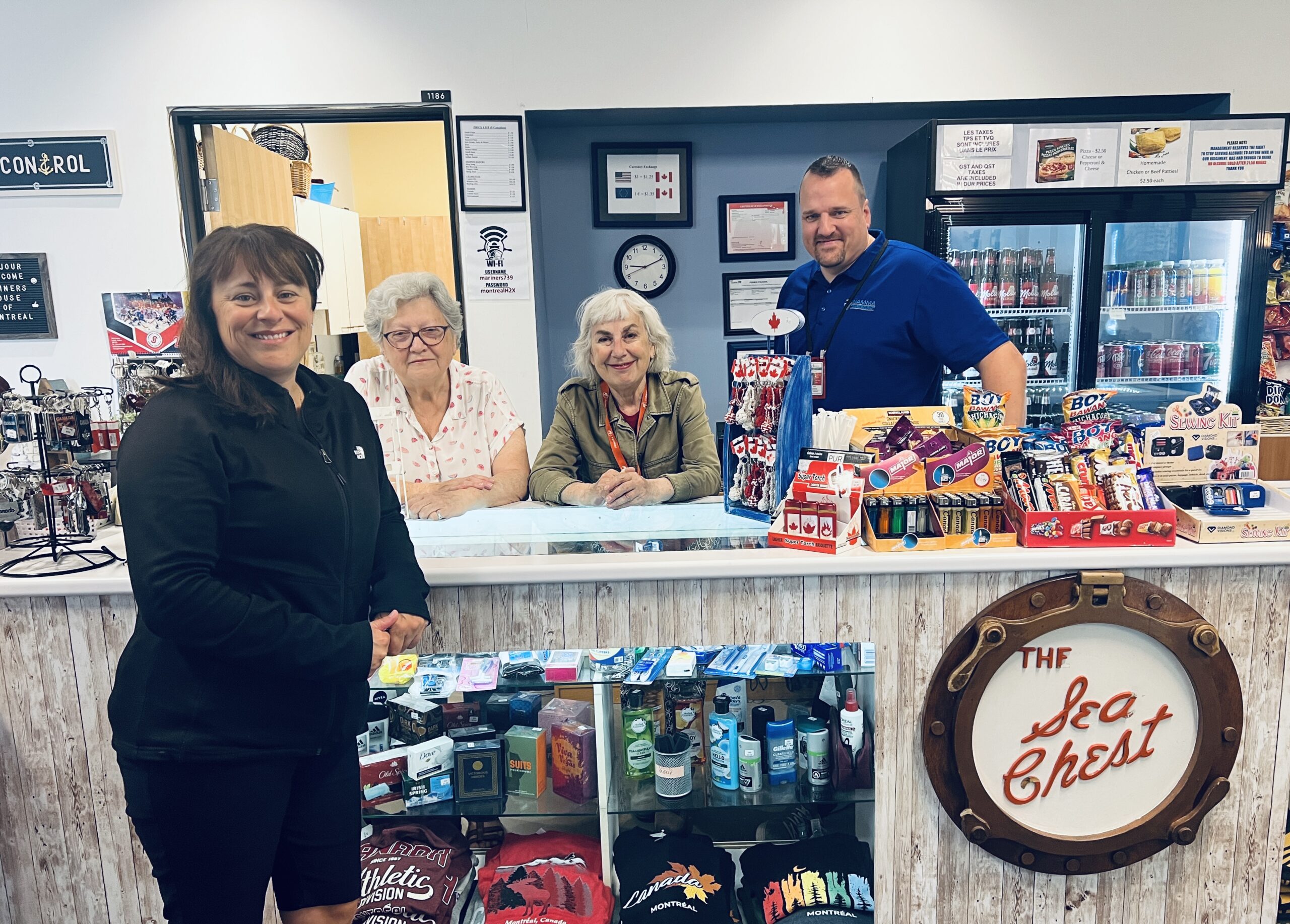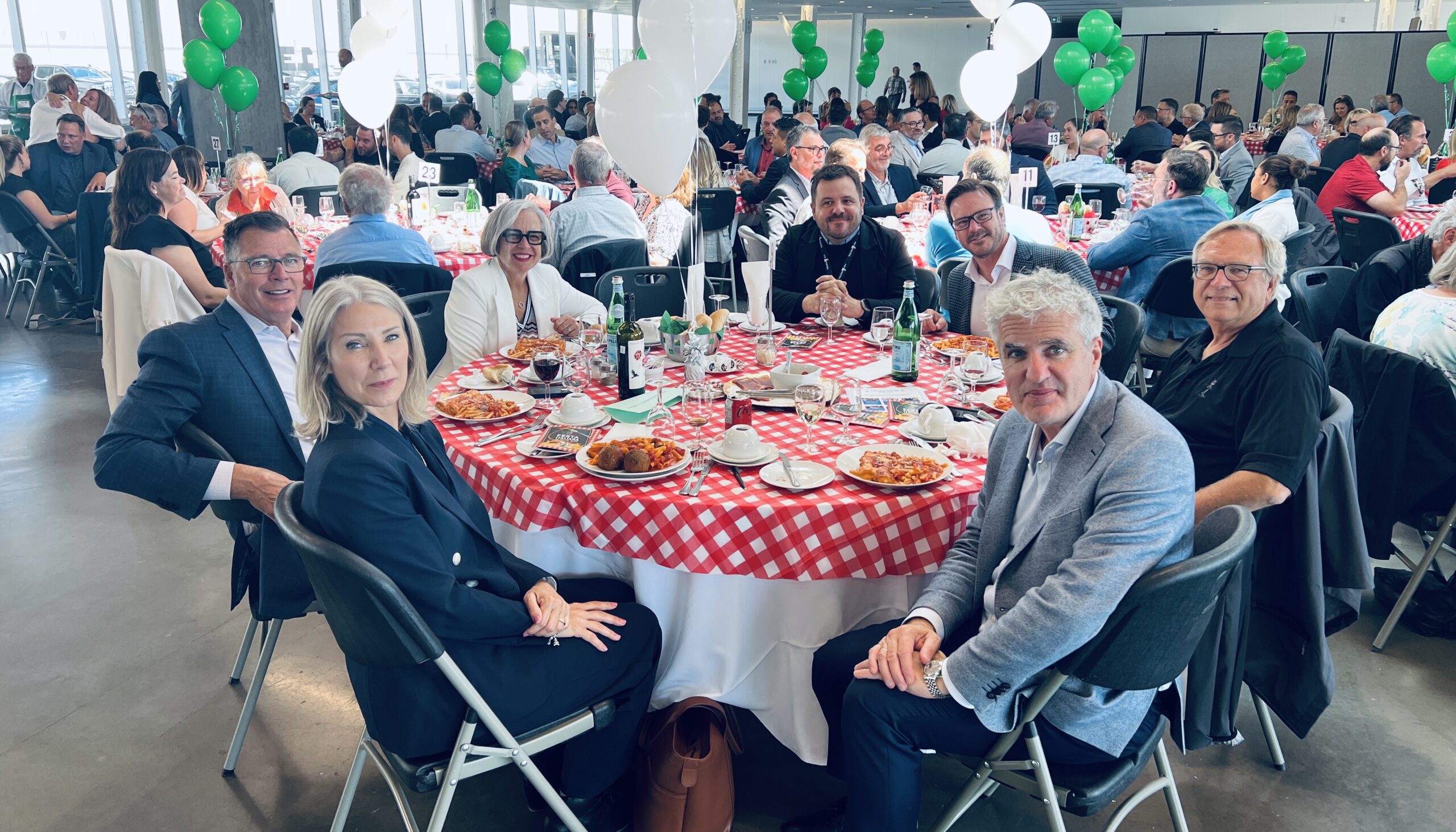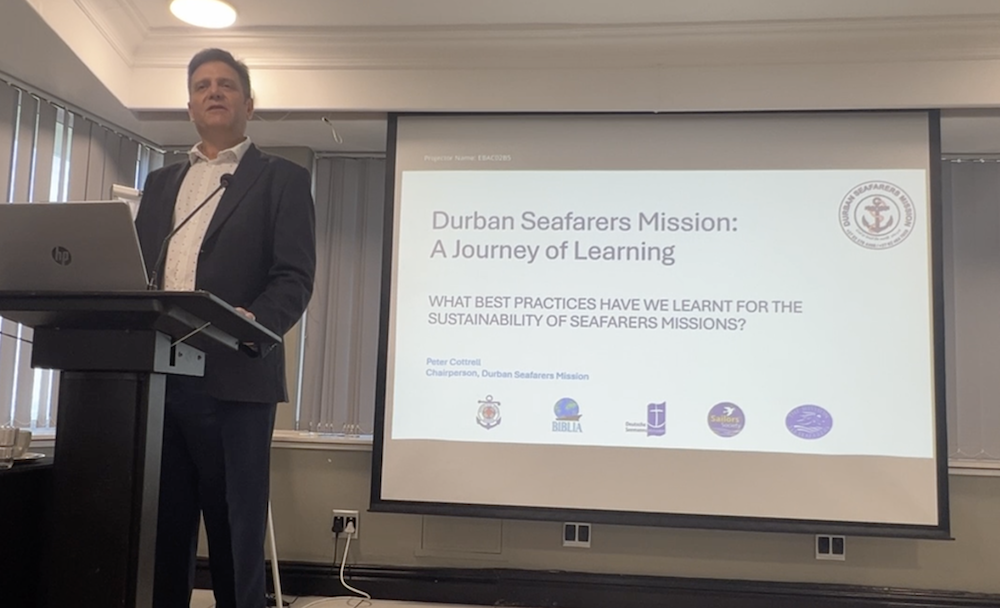By Susan Huppert, NAMMA
Seafarers’ missions across North American have taken new roads in serving the needs of seafarers since the beginning of the pandemic over one year ago.
A recent discovery by Mission Manager Helen Glenn has been the critical need of prescriptions for seafarers who are unable to access a doctor. Glenn notes that prior to ships docking at the Port of Halifax, requests for supplies have been provided electronically. Prescription refills for critical conditions like high blood pressure were among them. With isolation and depression on the rise, Glenn seeks solutions for those at sea.
“Their mental wellness is not good,” said Glenn. “It is a difficult situation to watch.”
Glenn began developing a plan more than two years ago to address medical needs of seafarers that were going unmet. As manager of the mission, she set up training for the center’s volunteers including first aid, CPR, and taking simple vital signs, with the support of Praxes Medical Group. The center also acquired a defibrillator.
Thanks to the medical partnership, Glenn now gathers medical histories, takes vital signs, and relates the information for seafarers by telemedicine. An appointment can be set up through the process and prescriptions are being filled, picked up, and delivered to ships.
“We have been able to get about 30 critical prescriptions filled,” she said. “This is a real God-send. Although ship visits are different, our efficiency of service has improved.”
Meanwhile, other ongoing needs of seafarers are also being met as lists of items sent by crewmembers enable mission workers to shop and deliver goods and supplies when ships dock at Halifax, one of the largest natural harbors in the world.
The Halifax Mission to Seafarers works in ecumenical partnerships, actively participating in NAMMA and ICMA programs. It is also an official Mission to Seafarers location, part of the MTS network in 200 ports throughout the world.
The committed group of dedicated volunteers enabled 1,035 seafarers to visit the Halifax center in 2020. The center, fortunately located within the port, offers strained workers opportunity to use Wi-Fi, play pool, purchases souvenirs and get away from the drone of the always present ship’s engines. Volunteers also assist with ship visitation eager to personally contact and care for seafarers in their port.
For spiritual needs, relationships have been established with outside sources to assist with Mass and other religious needs onboard.
Stella Maris is an active partner with the Mission to Seafarers in Halifax. Former radio operator and naval officer, Deacon Arthur Mitchell conducts weekly ship visits and transports seafarers to the center as protocols allow.
“Having served in the Canadian navy for 35 years, I know some of the angst, trials and tribulations of the sea,” he said. “It was recommended to the bishop that I would be a good fit here. It is an ideal ministry for me. I absolutely love it.”
Deacon Mitchell offers the Liturgy of the Word and prayers in the small chapel at the center where seafarers find spiritual care. His flexible approach to ministry enables him to meet the personal needs in a variety of settings.
He recalls visiting a crew when a young sailor had died at sea. The ship got diverted to Halifax, where the 70-year-old deacon met the ship at 2 a.m. to minister to the crew and captain. Providing a vigil service over the lost crew member and blessing the crew, cabins and the ship demonstrated his genuine care and compassion.
“I stayed and ate with the crew,” he said. “I enjoyed talking with them regarding their personal questions. They showed a great sense of relief and comfort from the blessings.”
Mitchell says seafarer’s main challenge is isolation. He finds that contracts extended beyond what should be and challenges with repatriation create a lot of stress.
“There are a lot of family issues related to that. It is important to be able to speak to them about that,” he said.
As the director of the mission for ten years, Glenn finds the greatest administrative challenge currently is shore access once ships dock. Clear and direct communication among various agencies regarding seafarers right to shore leave gets muddled at times.
While shipping agents are advised “no shore leave” without CBSA approval, the Federal mandate is through Transport Canada Bulletins. Perceptions may lead to interpretation.
Quite simply, CBSA requires all seafarers who leave vessels for shore leave to complete the COVID TRACING FORM. Once CBSA acknowledges receipt of same, shore leave is granted.
2021 funding for the mission is an ongoing challenge particularly since the pandemic forced the cancellation of major fundraising efforts. Churches that previously supported are aging out and younger demographics are not attending or giving. New funding sources need to be discovered.
Thanks to financial support from the International Sailor’s Society, ITF Seafarers Trust, the North American Maritime Ministry Association, and the Flying Angel Fund the work continues.
In a more creative vein, the mission established a drive-up dinner option. The funding opportunity allows supporters a novel way to give without corporately attending events. Thanks to volunteers who go the extra mile, the center successfully offered take-out meals four times last year. Offering barbecue, Irish stew and fish chowder proved financially beneficial.
And then, there are unplanned funds that are a welcome surprise in tight times. Always seeking financial sustainability for this vital work, Glenn reports a bequest of $50,000 came just in time.
“That saved us!”
Image: Deacon Art Mitchell Delivers gifts to a crew visiting the Port of Halifax. (Credit: Halifax Mission to Seafarers)





